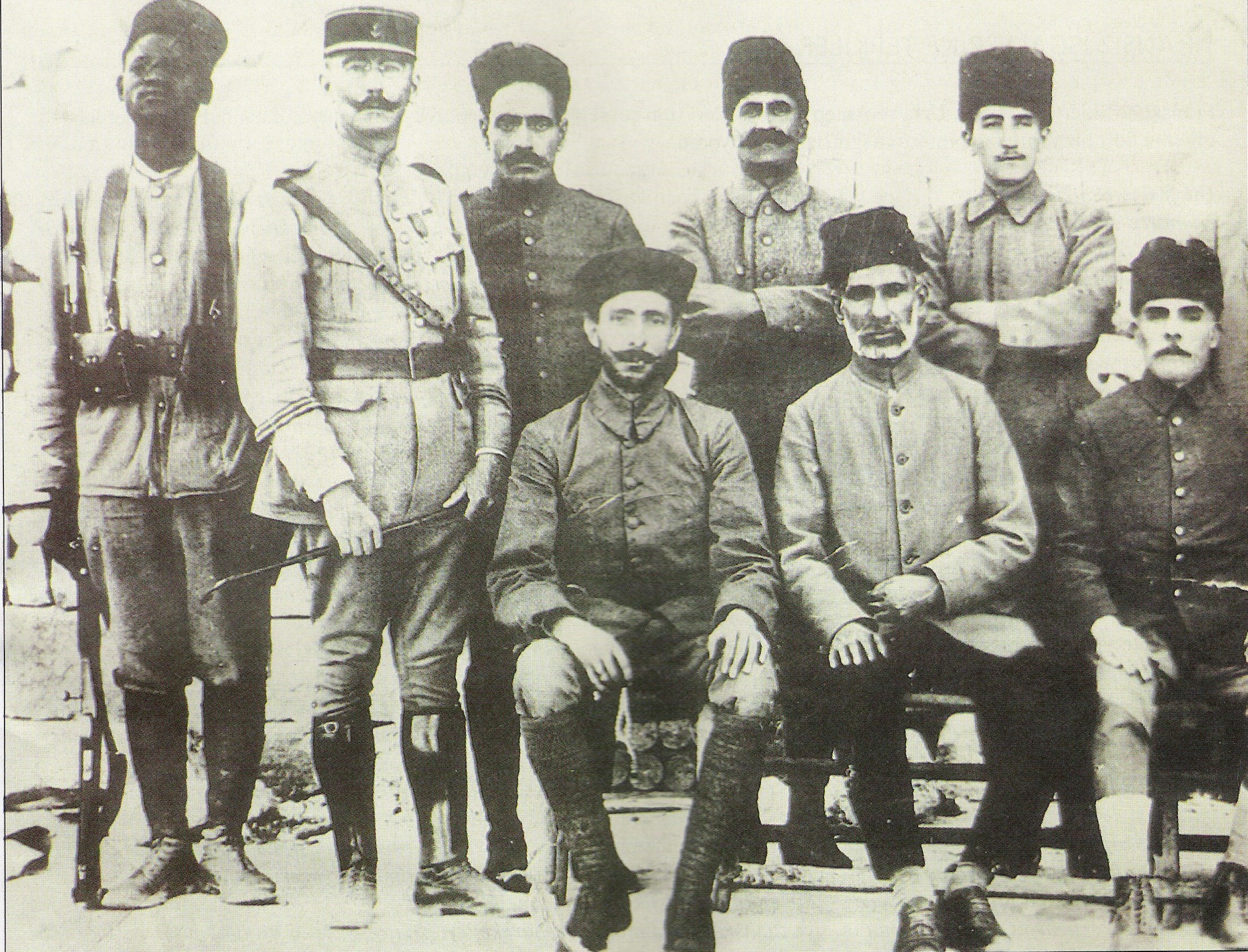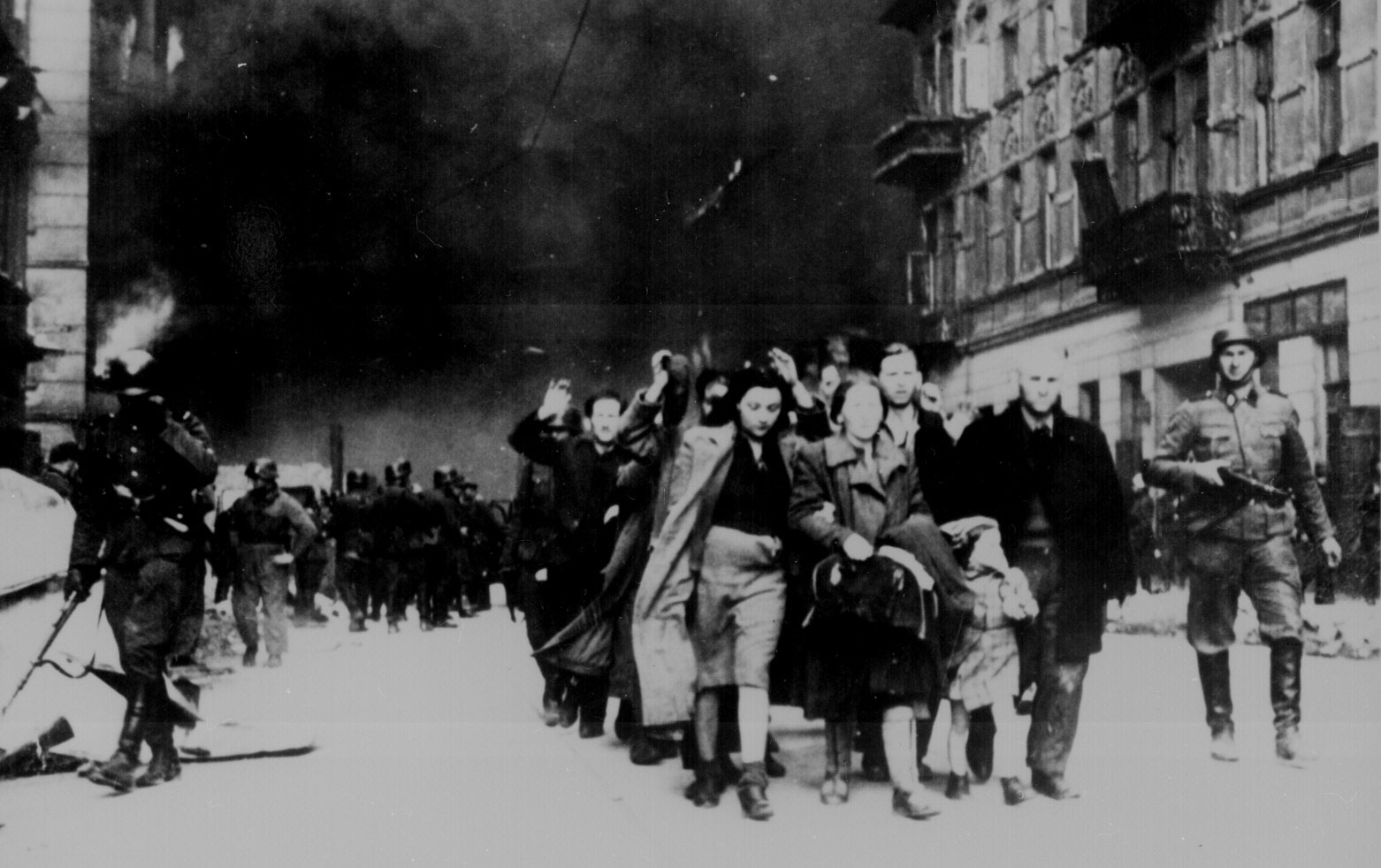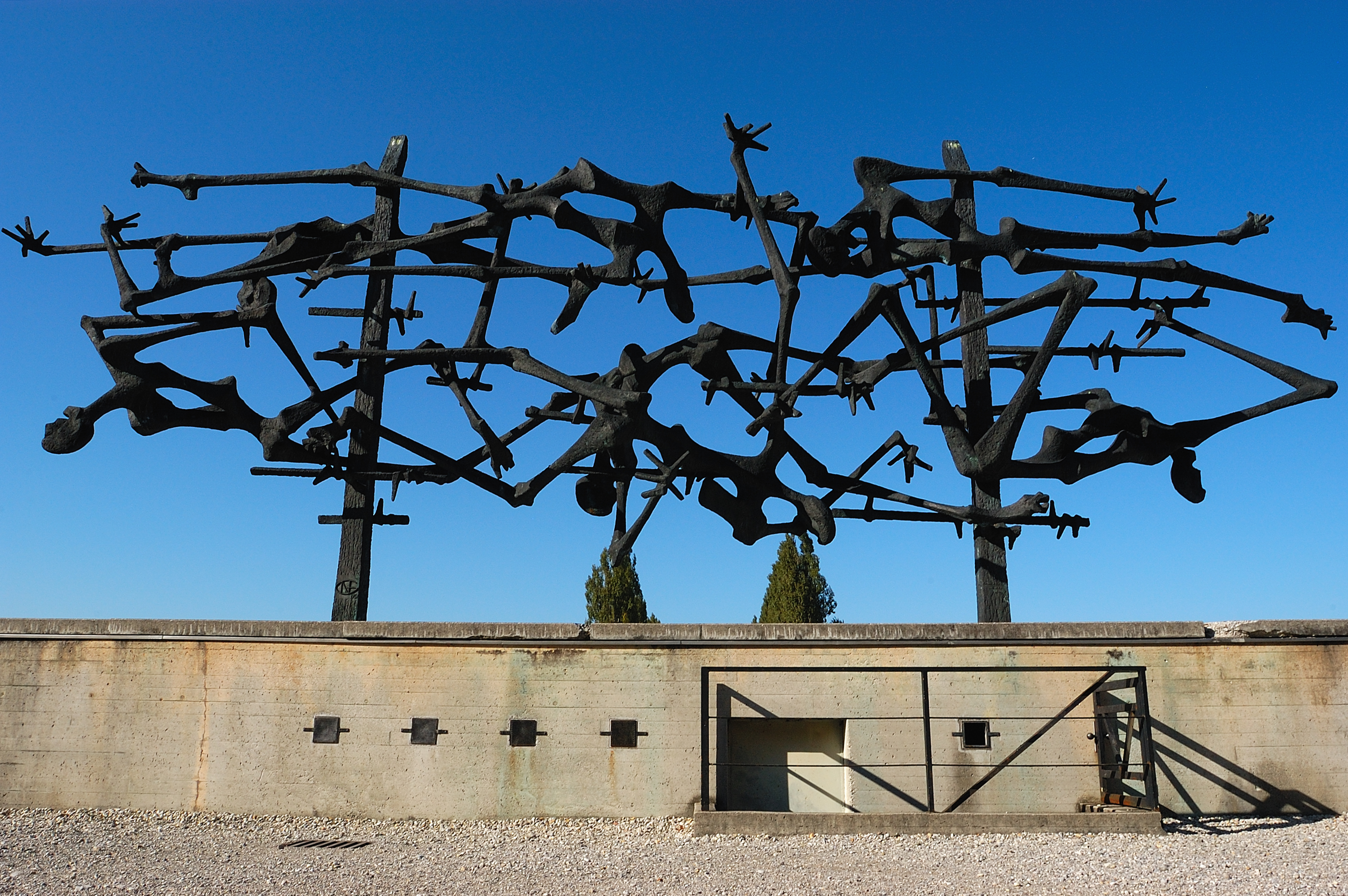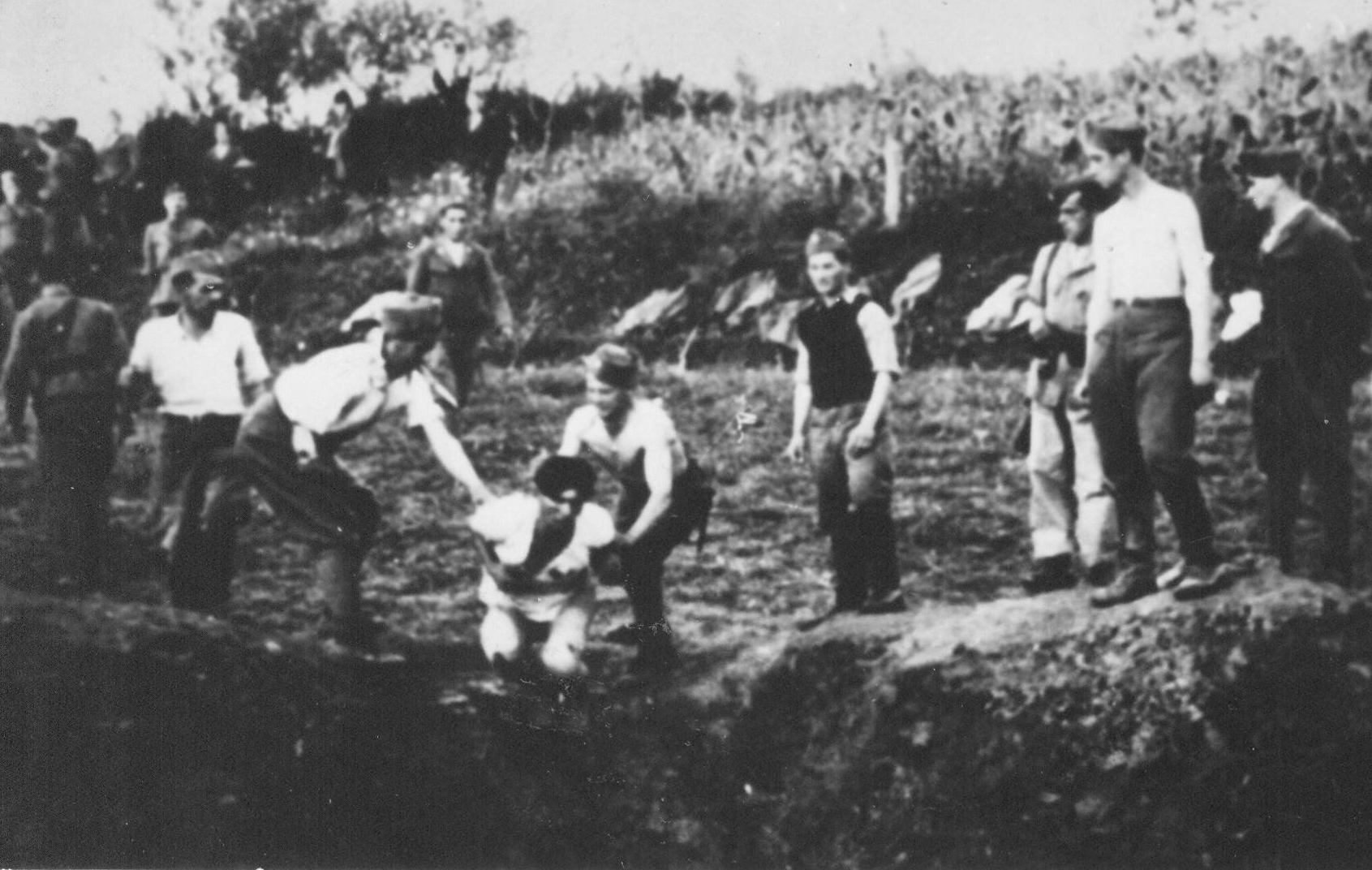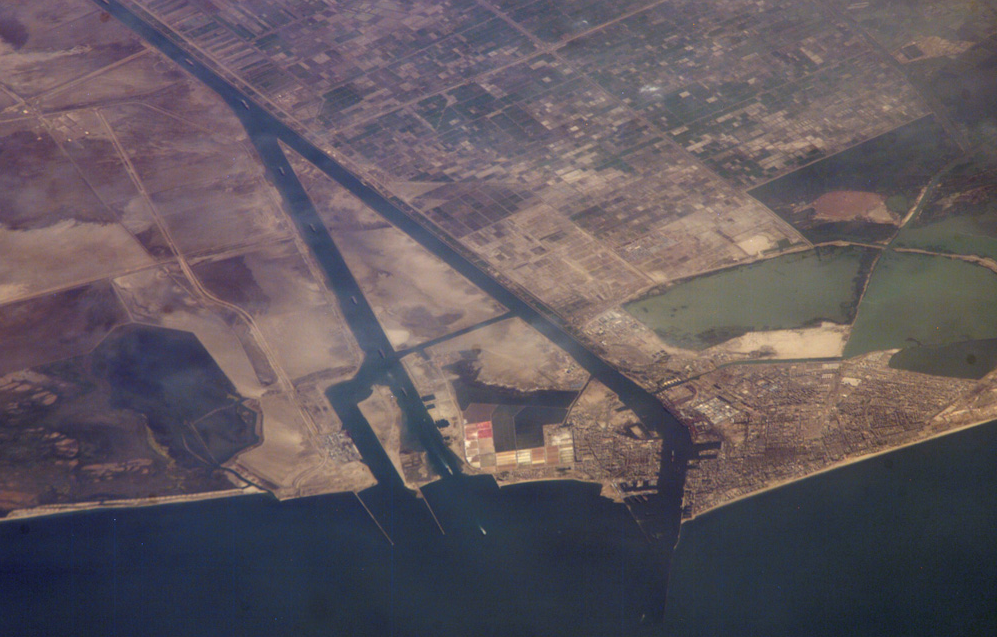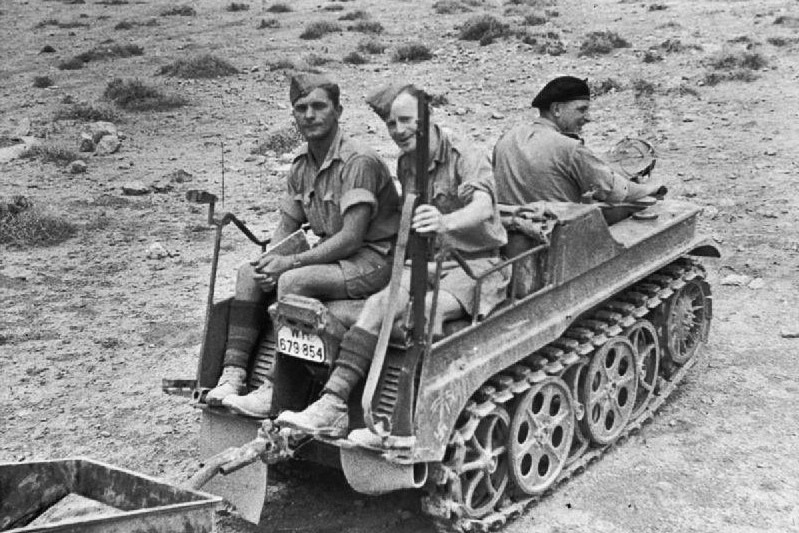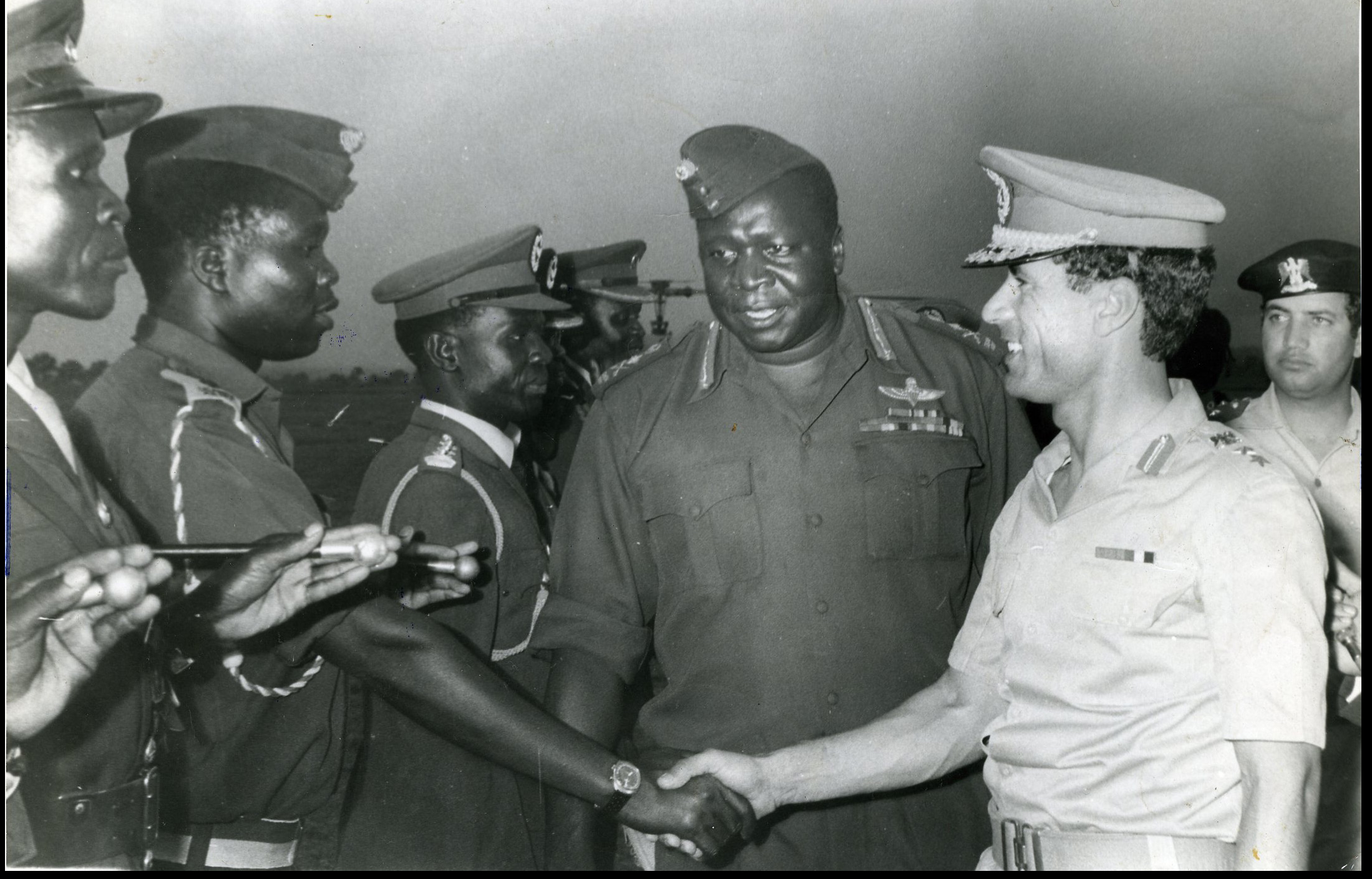
How did Idi Amin Dada lead a successful coup in 1971? (Part 2, by William Miles)
The second strand I wish to analyse is that of the conditions in Uganda prior to the coup itself. For a successful coup, there must be discontent amongst the people of the nation and a desire for change. “Surtaxes have … Continue reading


